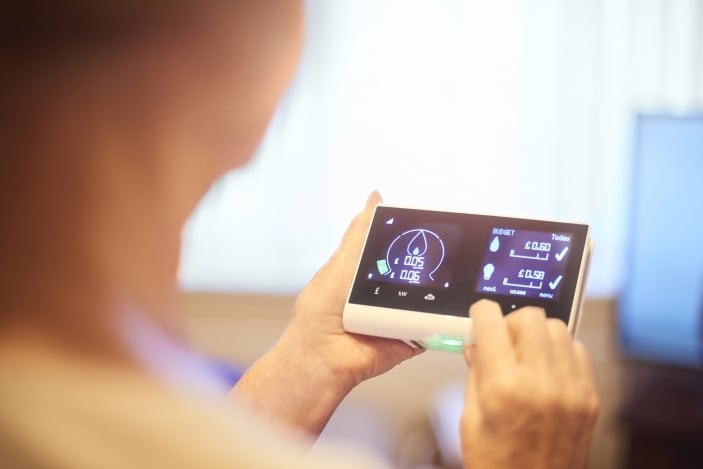The Data Communications Company (DCC) has published a new five-year plan which it hopes will facilitate greater innovation and an accelerated rollout of smart meters.
The DCC, which is mandated by industry regulator Ofgem to manage communications between the country’s smart meters, has published the business and development plan with the intent of delivering a suite of improvements to customers, suppliers and distribution network operators alike.
Those improvements have been divided into three key priority areas, namely delivery, technology and innovation, and customers.
They include the eagerly awaited enrollment of first generation SMETS1 meters onto the DCC’s centralised network, allowing for customers with such a meter to switch without losing functionality, an issue which has beset the smart meter rollout to date.
A faster, more reliable switching service is to also be introduced with the aim of making it easier for consumers to change suppliers within one working day.
Meanwhile, the DCC also has innovation at the forefront of its remit and a new test lab facility in Manchester is to be aimed at introducing “significant enhancements” to its testing services, facilitating greater innovation on the country’s networks.
However the DCC was quick to stress that its immediate priority remains the actual physical deployment of smart meters, which counts amongst the UK energy sector’s key issues today.
While 1.6 million have been installed to date and the DCC states that an average of 20 smart meters are being connected per minute, there remains significant doubt that the industry will meet its government-set target of completing the rollout by the end of 2020.
The DCC’s average figure of 20 per minute per day would equate to roughly 28,800 installations each day, someway short of the 50,000 daily fittings Cornwall Insight estimated would be required to meet the 2020 target earlier this summer.
The stagnating installation rate has been the subject of much ire from those within the industry, with much of the recent commentary surrounding smart meters centering on dismissing the target as “unfeasible”.
Nevertheless Richard McCarthy, chairman at the DCC, said that delivering the smart meter rollout remains its “number one priority”, adding that the services smart meters provide will make a “critical contribution to decarbonisation in the UK”.
“This five-year plan sets out how working with our customers we will bring cost savings and innovation to this platform for good. This work reaffirms the DCC’s purpose of making Britain more connected so we can all live smarter, greener lives,” Angus Flett, chief executive at DCC, added.





